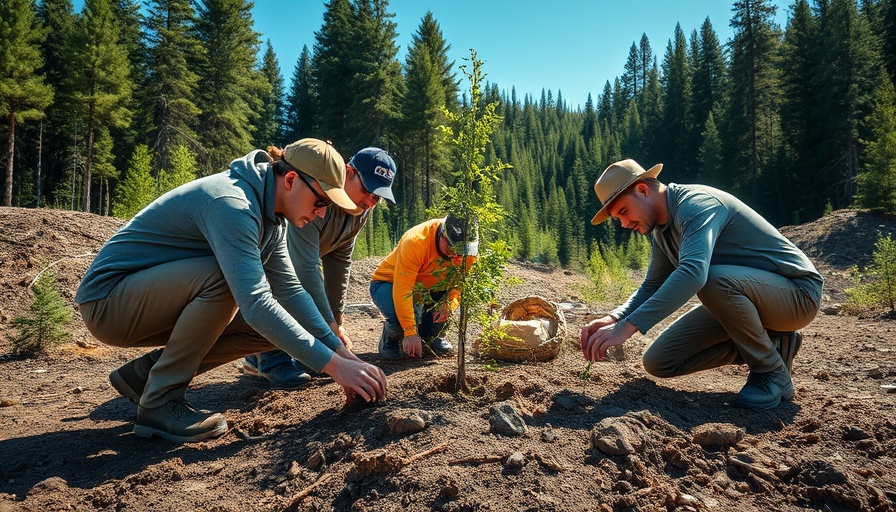
Revolutionizing Forest Conservation: The Role of Indigenous Culture
Recent research has uncovered that forests on Indigenous lands in Panama thrive at nearly double the rate of those in protected areas governed by the state. This groundbreaking finding challenges the conventional wisdom that conservation requires keeping human beings out of nature. Instead, it highlights the crucial role that cultural values play in the stewardship of forests.
Understanding the Connection Between Culture and Conservation
According to a study led by researchers at McGill University, the health of Panama's forests is closely linked to the cultural practices of Indigenous peoples. The study employed 20 years of satellite data and interactive mapping sessions with Emberá community members to reveal that areas considered culturally significant, such as sacred sites and medicinal gardens, have fared better against deforestation.
The Insight of Local Knowledge
Camilo Alejo, the lead author of the study, emphasizes how participatory mapping shows that Indigenous communities weave together spirituality and conservation in their interactions with nature. The mapping revealed that food production often occurs where deforestation is more concentrated, whereas spiritually significant areas remain untouched. This insight sheds light on how local knowledge can guide effective conservation practices.
Legal Ownership vs. Eco Stewardship
This study brings to the forefront a pressing policy issue: many Indigenous communities lack formal titles to their ancestral lands, even as they engage in practices that preserve these ecosystems. According to Alejo, current legal frameworks can paradoxically reward exploitation over custodianship, which undermines long-standing practices that have historically safeguarded the environment.
A Call to Action for Policy Change
The findings advocate for a re-evaluation of land tenure policies that could support Indigenous stewardship. By recognizing the environmental efficacy of Indigenous practices, policymakers can foster a more sustainable relationship with nature, promoting not only ecological health but also cultural resilience.
 Add Row
Add Row  Add
Add 




 Add Row
Add Row  Add
Add 



Write A Comment